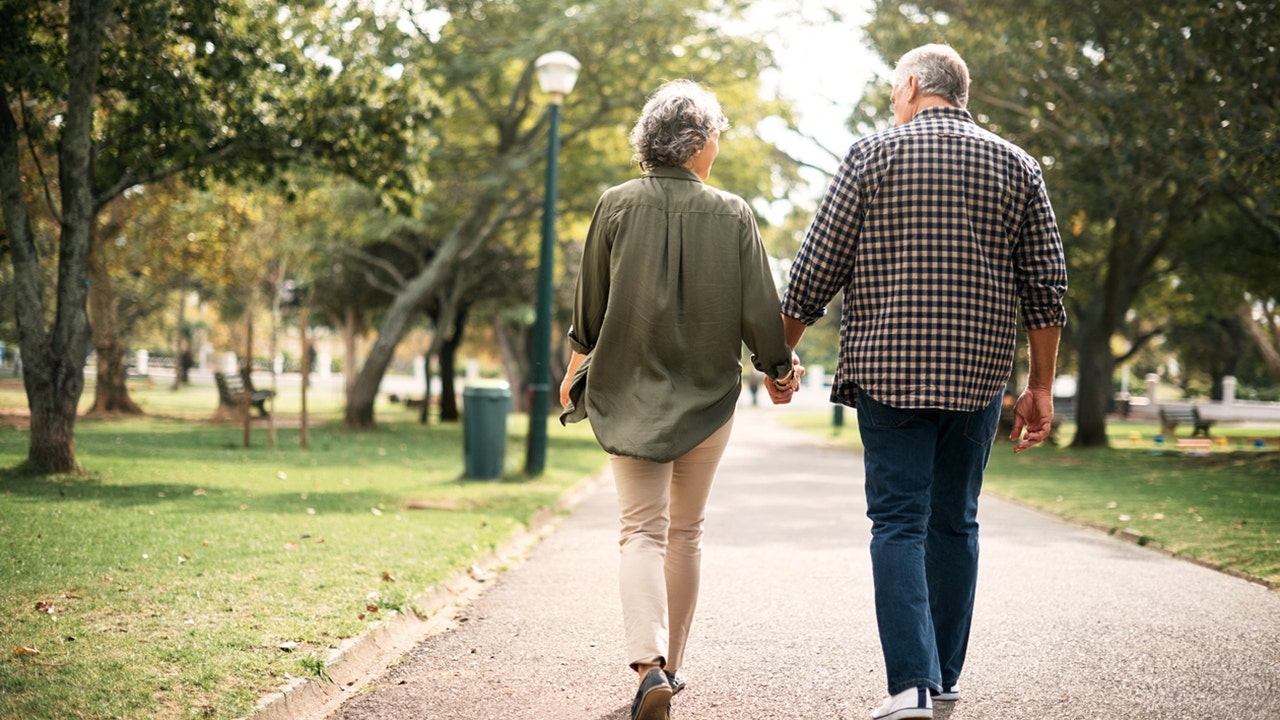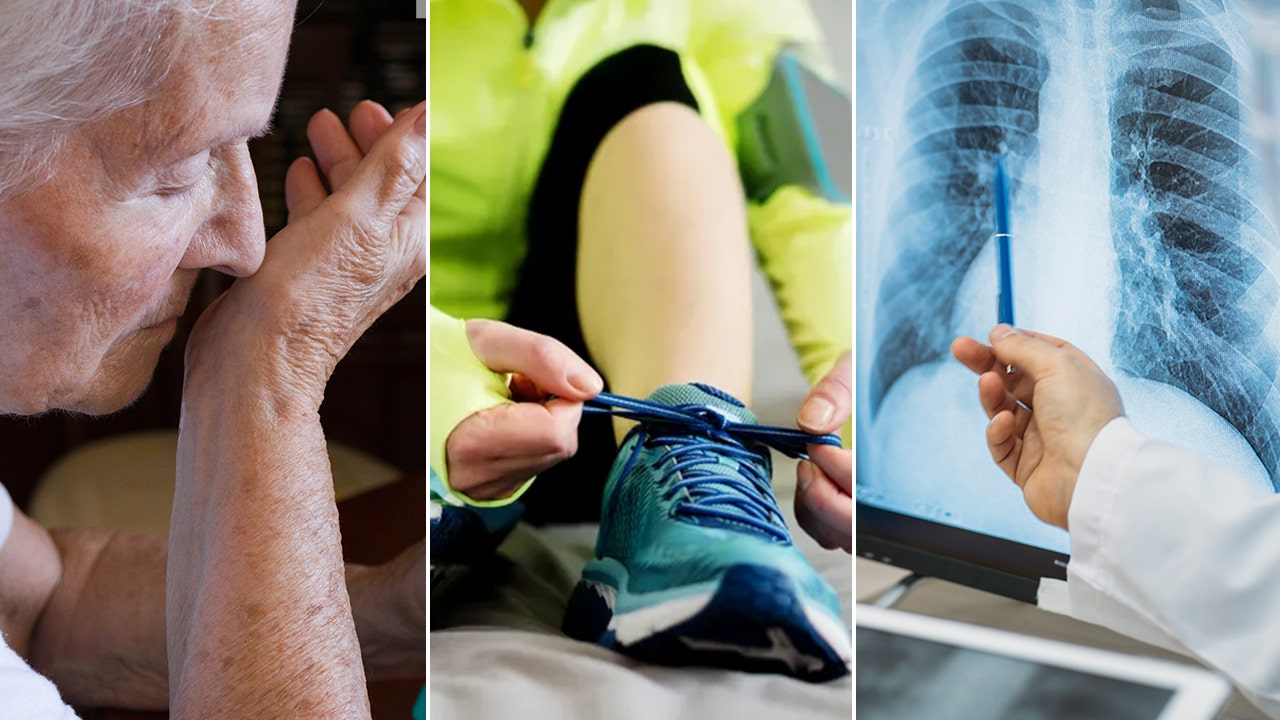Bankers, athletes, students are using drugs. This hotline tries to keep them safe
There’s a national overdose hotline in Canada that is saving lives, but the people calling in aren’t who you might expect. The National Overdose Response Service (NORS) has been operating for nearly five years, reaching hidden substance users who typically wouldn’t use consumption and treatment sites due to shame and stigma.
Dr. Monty Ghosh, an addictions physician in Alberta and a researcher for NORS, explains that many people using the hotline have stable jobs and housing. These callers include lawyers, physicians, engineers, and even professional athletes. They turn to the hotline because they don’t identify with the population that uses physical supervised consumption sites.
NORS operates like a buddy system, with operators staying on the line with people as they use drugs. They are ready to alert emergency services if they suspect an overdose. People can also text the hotline if they are unable or unwilling to call.
During a visit to a NORS operator in Hamilton, Ontario, CBC News listened in on multiple calls to see how the hotline works. The operators provide advice and support to callers, guiding them on safe drug use practices. They also engage in casual conversation to ensure the caller’s well-being.
One caller expressed concern about a potential bad batch of drugs in their area, while another shared their efforts to use drugs less frequently and test their substances for safety. The operators offer guidance and encouragement, emphasizing the importance of caution in light of dangerous substances circulating in the community.
While no overdoses occurred during the monitoring period, NORS has responded to over 200 overdoses out of almost 20,000 calls. The hotline’s goal is to keep people alive while they use substances, and no deaths have been reported while using the service.
Lisa Morris-Miller, the executive director of NORS, explains that the hotline was founded by her sister Rebecca Morris-Miller and Kim Ritchie. Rebecca, who had a history of substance use, tragically passed away from an overdose after struggling with addiction to fentanyl.
The hotline has seen a diverse range of callers, including lawyers, bankers, and athletes, with a significant portion seeking referrals for mental health and addiction treatment services. The hotline’s accessibility and anonymity make it a valuable resource for those who may not feel comfortable accessing traditional consumption sites.
Despite the success of hotlines like NORS, experts caution that they cannot replace physical consumption and treatment sites. While hotlines fill crucial gaps in service, they may not be accessible to everyone. It is essential to continue exploring innovative solutions to address the opioid crisis and support individuals struggling with substance use.




